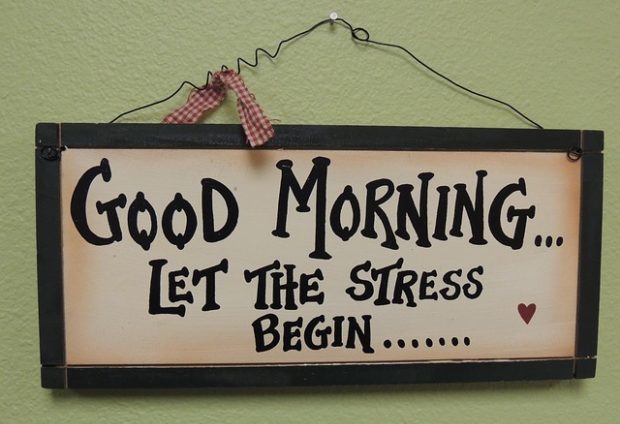Why You Need to Discuss Mental Health With Your Employer

You love your work. You crave a challenge. You thrive on deadlines. But for all the rewards, your career isn’t always easy. It takes its toll, not only on your physical health but also, on your mental well being. No matter how much you might love your job, the fact remains that the demands are relentless. And that leaves you vulnerable to depression, anxiety, and burnout.
If you’re struggling with job-related stress, it’s imperative that you be proactive. The problem isn’t just going to go away, and if you let it escalate, you’re going to end up sidelined. That’s not good for you, or for your employer.
So while it may not be an easy conversation to have, talking to your employer about the mental health challenges you are facing now, or the risks your current work is exposing you to, is going to benefit you both in the long run. This article will provide the strategies you need to make this discussion as painless and as productive as possible.
Understand Your Risk
The hard reality is that mental illness is by no means uncommon. It is just the social stigma that makes it seem so. But our reluctance to talk about mental illness doesn’t mean it doesn’t exist.
Studies show, for instance, that 52% of Millennials & Gen Zers report being depressed. Researchers attribute the pervasiveness of mental illness in this age group to chronic stress-related to factors such as student debt and workplace burnout.
Ironically, a drive for limitless productivity at work is actually the thing that will make you unproductive in the end. Burnout and clinical depression are closely linked. Incessantly toiling under increasingly impossible deadlines and goals, will make you all too vulnerable to both.
What to Do
Sure, the data may be dire. But you don’t have to choose between the job you love and your happiness and peace of mind. You can have both, but you have to claim it as your right. That means being honest with your employer about your mental health needs. It also means claiming the right to have those needs both respected and well-served.
The first step is learning how to say no. You no doubt take pride in your intelligence, determination, and your accomplishments. There probably hasn’t been much in your life that you haven’t been able to achieve if you set your mind to it.

But, believe it or not, you’re also human. And humans have limits. It’s okay to acknowledge them. It’s even better to respect them. You have that right, and you have that responsibility, not only to yourself but also to your employer and your work.
The fact is, your company needs you to be healthy. You have a lot to achieve in your career, but you can only do that if you are strong, peaceful, focused, and well in heart and in mind. This reality should figure strongly in your discussion with your employer, because anxiety, depression, and burnout are among the leading causes of unemployment and loss of productivity. A few simple changes in the workplace, though, can be all it takes to promote mental and emotional wellness institution-wide.
Stay Healthy, Be Happy
Maybe your career makes you feel like you won the professional jackpot. You have a lucrative and challenging job and you’re always in demand. Best of all, you can literally change people’s lives with the fruits of your labor.
But maybe your career isn’t all hearts and rainbows. There are real sacrifices as well. Your mind, body, time, energy, and focus can feel utterly consumed by the work. That’s going to put you at risk for a range of mental illnesses, from clinical depression to anxiety and burnout.
That’s why putting your own psychological and emotional well-being at the top of your to-do list should be your first priority if a long and successful career is what you really want. That begins with working with your employer to ensure that your needs are met, and taking time off the clock to work on your mental health.
The good news, though, is that demanding a working environment that protects your health, mental as well as physical, is just plain good for business. Not only will you benefit, but so will your company and your long, happy, successful career.
This guest post was authored by Ainsley Lawrence

Ainsley is a writer who loves to talk about how business and professionalism intersect with the personal, social, and technological needs of today. She is frequently lost in a good book.




